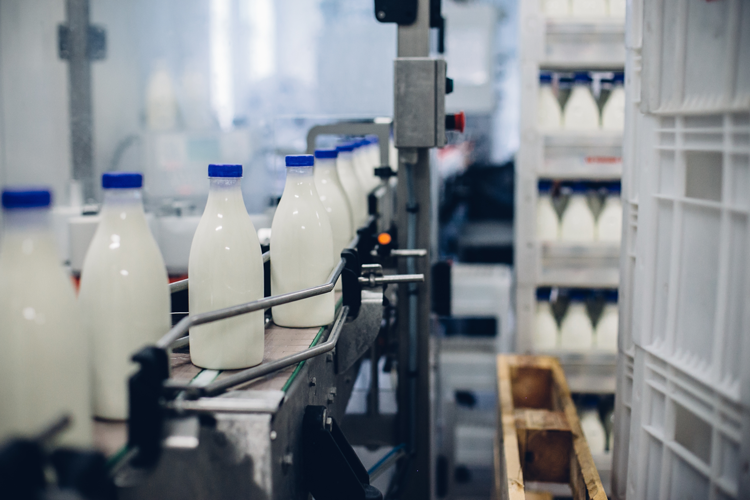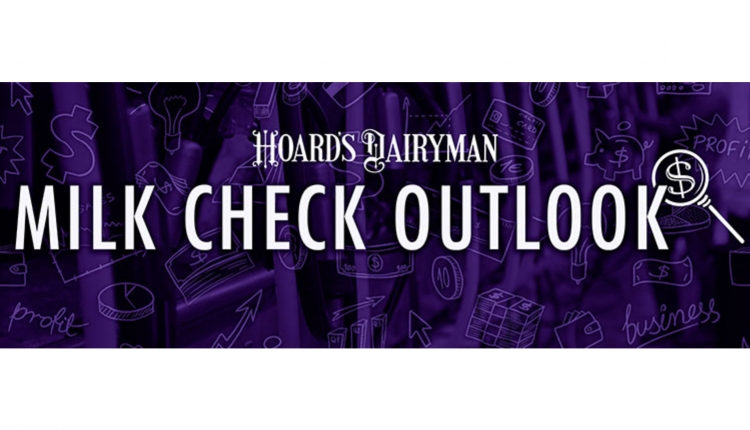
The April 1 deadline for interested parties to submit posthearing briefs summing up their arguments for changes to the Federal Milk Marketing Orders (FMMO) has passed. Now that participants in USDA’s record-length FMMO hearing having had their final say, it’s time for USDA to review the complete hearing record and formulate its recommended decision, which should be reported around July 1.
The National Milk Producers Federation offered by far the most comprehensive and constructive set of proposals for effecting long-overdue updates to the federal order pricing formulas. Our brief reemphasized that updating formulas to reflect the dynamically changing structure of the U.S. dairy industry is critically important for the order program to achieve its basic purposes of ensuring an adequate supply of milk for fluid milk use, promoting orderly marketing, and providing adequate prices to dairy farmers for doing so. NMPF’s five specific proposals put farmers first, in keeping with the FMMO mission. They also have very broad support from groups and individuals representing dairy farmer interests.
By contrast, the major hearing participants representing processors opposed most of the hearing’s 21 proposals, including NMPF’s proposals to raise the Class III and Class IV skim milk component composition factors, remove barrel cheese from the protein component price formula, and update the Class I differentials to reflect current costs of supplying milk for fluid processing. Advocacy by proprietaries focused primarily on just two issues: the particularly high profile matters of the make allowances and the Class I mover.
While all parties to the hearing broadly agreed that the make allowances in the orders’ component pricing formulas need to be updated in stages — due largely to how much current costs likely exceed the current make allowances — hearing participants significantly disagreed on specifically how to do so. NMPF and its member cooperatives argued that USDA needs to have the authority and the directive to conduct regular mandatory, audited studies of manufacturing costs and yield factors so the industry, and dairy farmers in particular, can have confidence that the numbers are truly accurate — certainly more accurate than the voluntary cost studies that have more holes than Swiss cheese. All parties support mandatory studies, which almost certainly will be included in the upcoming farm bill. But proprietary manufacturer interests have requested that substantial increases, based only on voluntary studies, be fully implemented with a relatively short phase-in period, a move that would significantly harm dairy farmer incomes.
NMPF and other parties representing dairy farmer interests also universally support returning to the “higher of” Class I mover, a position equally strongly opposed by proprietary processor interests. No one supports the current “average of” mover, with its 74-cent per hundredweight fixed factor, but proprietary interests lined up behind keeping the average of mechanism with an adjustable factor that would mimic, with considerable lags, the higher of mover. This approach, done in the name of improving risk management, unfortunately mutes the immediate market signals the higher of approach sends. It also offers cold comfort to dairies that might go out of business because of a lower mover and don’t have the lag time to wait for a make-up adjustment later.
A low point in the hearing from the standpoint of farmer interests was reached when a group of proprietary fluid processors pushed back against NMPF’s carefully worked out proposal to increase the Class I differentials by proposing instead to eliminate the fixed portion of the current ones, which would effectively erase any difference between Class I and the manufacturing class prices in many orders and render them unworkable. It garnered no support from any other party.
But for all the controversy seen thus far, soon it will all be superseded by USDA’s plan. NMPF remains hopeful that careful thinking and attention to the purpose and mission of federal orders carries the day. We’re confident in a positive outcome.








